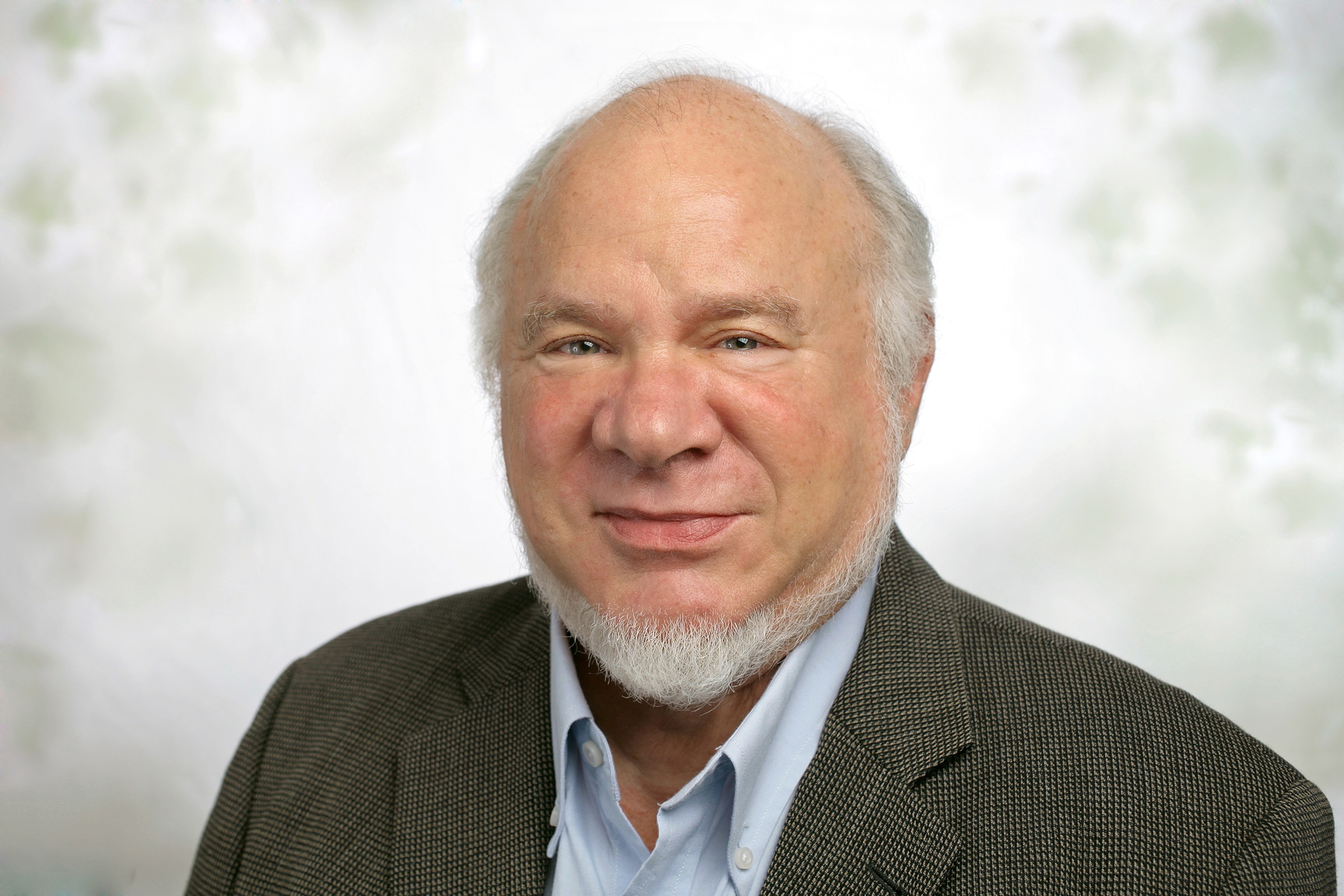

Lowell G. Miller founded Miller/Howard Investments Inc., where he is Chief Investment Officer, in 1984. He is the author of three books on investing, including The Single Best Investment: Creating Wealth with Dividend Growth. Owen Harvey is a Research Analyst at Miller/Howard Investments Inc. Earlier, Mr. Harvey spent seven years with Lazard Freres, where he was a technology analyst. In their exclusive interview with the Wall Street Transcript, these two highly experienced research analysts share their detailed methodology for finding the best MLP investments and structuring them into a tax advantaged portfolio driven product.
“We might just talk a little bit about ETNs. We’re not the ETN provider in the case of our MLP Fundamental Index; Citigroup (NYSE:C) is. ETNs trade just like ETFs. There are two disadvantages and one very large advantage. The investor does not pay any capital gains tax on changes within the portfolio because the investor doesn’t actually own the portfolio. The investor owns a note from Citigroup, which promises to pay the return of the portfolio. That’s the big advantage…There’s no capital gains, and in the case of MLPs, that’s really important because the longer you hold an MLP, the more tax you’re going to pay on sales, whether it goes up or not, because there’s a recovery of the tax deferral on a sale.”
The actual structure of the portfolio is a new take on the MLP universe of investments: “Some would make the argument that the highest weight in a cap-weighted index will not help outperform the index because they’re too big, because they’ve reached a lot of large numbers and their potential for growth is not as good. That may or may not be right in the case of MLPs. I think in the case of MLPs, the reason why we don’t have to hold cap weights is that, frankly, the distribution of returns in the sector is fairly narrow compared to other sectors. They’re pretty much going in the same direction at the same time, and it’s really a question of magnitude, and it’s also a question of the quality companies going down less in down markets than the lower-quality or more financially stressed companies.”
For detailed insight into the specific recommendations of Lowell Miller and Owen Harvey, read the entire interview at the Wall Street Transcript.
Eaton Corp plc (ETN) May Exit Vehicle Business This Fall
October 13, 2015
Kohl’s (KSS) Structurally Advantaged Relative to Retail Peers and Trading at Low Valuation
October 19, 2012
ONEOK, Inc. (OKE) to Create Growth in MLP and General Partner
May 15, 2014
Cigna (CI) and Aetna (AET) Create, Acquire and Develop Businesses to Meet Growing Health Care Needs
October 26, 2012
EV Energy Partners, L.P. (EVEP) Ohio Utica Shale Assets Still Valuable; MLP Trades at Discount to Peers
March 21, 2013